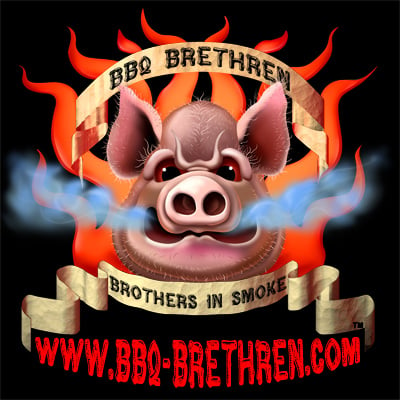rksylves
Full Fledged Farker
- Joined
- Jul 28, 2009
- Location
- Melbourne, Florida
The most important thing you can do is first to give yourself an education on what all those acronyms mean and how they apply to your truck/trailer combination. Knowing exactly what your weights are and what equipment may or may not help you out will go a long way towards your safety and how hard you need to hit your wallet. Opinions are worth exactly what you paid for them. Knowing for a fact what the numbers are that apply to your rig is worth FAR more.
Buying a weight distributing hitch that is much too big is almost as bad as buying one that is too small (or none at all).
Find a weigh station that you can spend a little while making some measurments. Some truck stops will have one, moving/storage companies will probably have one. Talk to the manager there and tell them what you want to do. Chances are since you don't need a certified weight, they will let you take your measurements for free.
Start off by weighing your truck with a full gas tank and maybe even the stuff you're going to carry in the bed. Remember, when the truck was new they didn't include all the stuff that gets loaded in afterwards (people, topper, hitch, tools, cookers, coolers, etc.).
Then weigh your trailer (by itself) with all of your stuff loaded on. Then weigh the tongue of the trailer (with the trailer wheels off the scales). Then weigh the entire rig in full competition trim.
At that point you now know for a fact what you GCWR, Tongue weight, and axle weights are and can make intelligent decisions about a weight distributing hitch and whether or not you are violating any of the specs.
Verifying that you are within the truck and trailer weight specifications will go a long, long way with your insurance company if something bad happens. If they find out that you violated say GCWR, then you open yourself up big time to liability.
One other thing is, Are ALL of the tires on your truck AND trailer rated for the weights your putting on them? Fastest way I can think of to get yourself on the side of a highway is to try to run on under-rated or underinflated tires.
Whether or not you need any of the extraneous equipment (tranny cooler, bigger radiator, wind deflector, etc.) is dictated by how your rig runs down the road. But just remember, NONE of those items will add ONE SINGLE POUND OF WEIGHT to your GVWR, GCWR, or any other specification. They may make towing easier or cheaper but they can't change the original specs.
Sorry, didn't mean to get long-winded but it really torks me when I see a rig on the highway that is very obviously way out of spec. I'l get off my soapbox now.
Russ
Buying a weight distributing hitch that is much too big is almost as bad as buying one that is too small (or none at all).
Find a weigh station that you can spend a little while making some measurments. Some truck stops will have one, moving/storage companies will probably have one. Talk to the manager there and tell them what you want to do. Chances are since you don't need a certified weight, they will let you take your measurements for free.
Start off by weighing your truck with a full gas tank and maybe even the stuff you're going to carry in the bed. Remember, when the truck was new they didn't include all the stuff that gets loaded in afterwards (people, topper, hitch, tools, cookers, coolers, etc.).
Then weigh your trailer (by itself) with all of your stuff loaded on. Then weigh the tongue of the trailer (with the trailer wheels off the scales). Then weigh the entire rig in full competition trim.
At that point you now know for a fact what you GCWR, Tongue weight, and axle weights are and can make intelligent decisions about a weight distributing hitch and whether or not you are violating any of the specs.
Verifying that you are within the truck and trailer weight specifications will go a long, long way with your insurance company if something bad happens. If they find out that you violated say GCWR, then you open yourself up big time to liability.
One other thing is, Are ALL of the tires on your truck AND trailer rated for the weights your putting on them? Fastest way I can think of to get yourself on the side of a highway is to try to run on under-rated or underinflated tires.
Whether or not you need any of the extraneous equipment (tranny cooler, bigger radiator, wind deflector, etc.) is dictated by how your rig runs down the road. But just remember, NONE of those items will add ONE SINGLE POUND OF WEIGHT to your GVWR, GCWR, or any other specification. They may make towing easier or cheaper but they can't change the original specs.
Sorry, didn't mean to get long-winded but it really torks me when I see a rig on the highway that is very obviously way out of spec. I'l get off my soapbox now.
Russ

